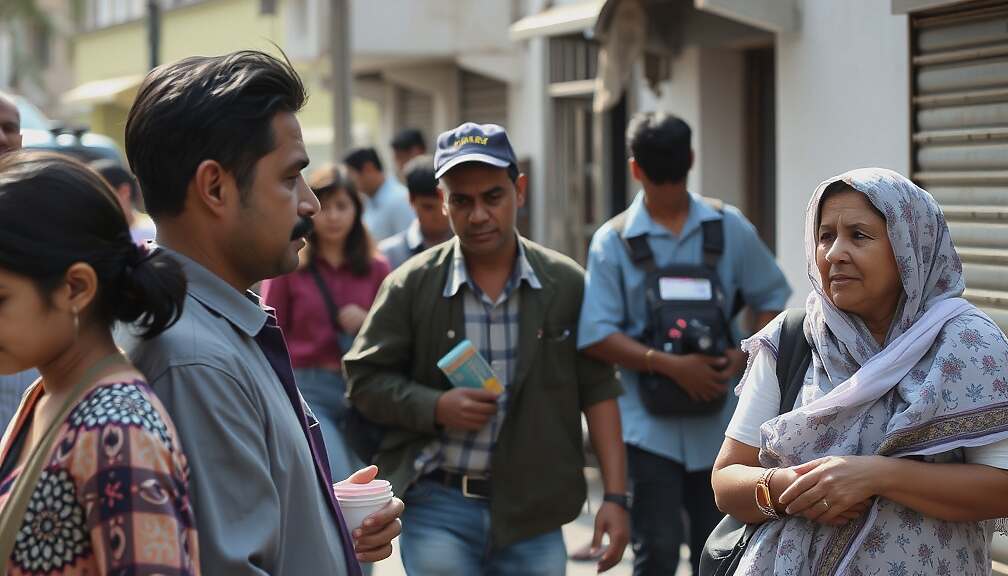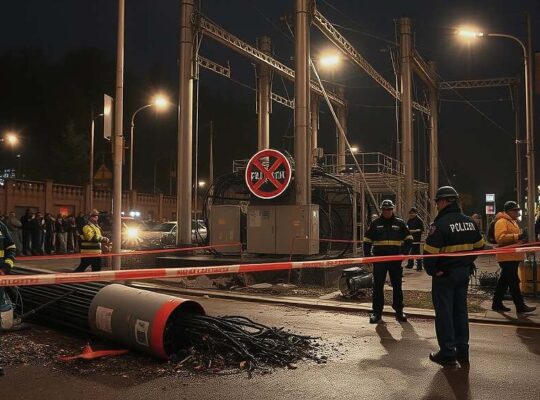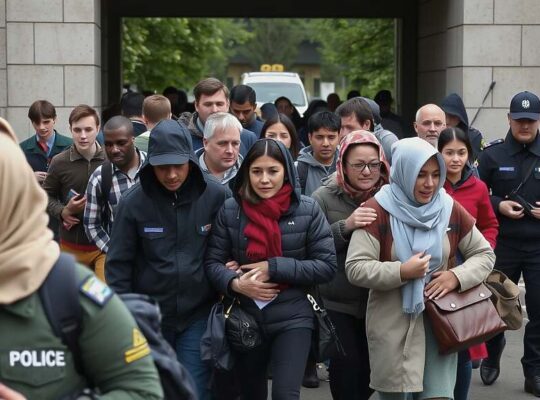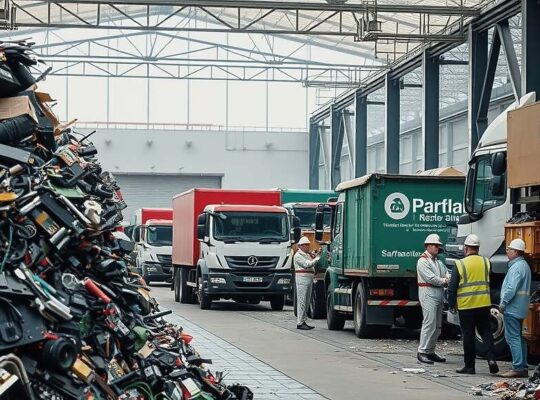—
A recent surge in public acceptance of smart meters is reshaping the debate around energy consumption monitoring in Germany, according to a survey released this week by the Bitkom, the country’s leading IT industry association. The findings reveal a significant shift in sentiment, with 75% of respondents now expressing openness to adopting smart meters in their homes, a stark contrast to the mere 36% recorded at the technology’s initial market introduction in early 2020. The figure has steadily climbed since, reaching 57% in 2022.
The survey, conducted by Bitkom Research via telephone interviews with 1,003 German citizens aged 16 and over (with 979 respondents aged 18 and above) between August and September 2025, highlights a potential watershed moment for government efforts to modernize the nation’s energy infrastructure. However, the persistent 23% resistance underscores deeper anxieties regarding data privacy, security vulnerabilities and potential cost implications – concerns that policymakers must address proactively.
While increased familiarity and ongoing public information campaigns appear to be driving the newfound acceptance, critics argue that the narrative surrounding smart meters frequently glosses over the complex legal and ethical ramifications. The data collected by these devices – detailed consumption patterns, energy usage times and potential behavioral insights – presents a rich resource for energy providers, but also raises significant questions regarding potential misuse and unauthorized access.
Furthermore, the rollout of smart meters has been plagued by logistical hurdles and regulatory ambiguities, leading to delays and increased costs. The shift in public opinion necessitates a renewed focus on transparency regarding data handling protocols and ensuring robust cybersecurity measures are in place to prevent breaches and maintain public trust. The government’s ability to navigate these challenges will be crucial in determining whether the potential benefits of smart meters are fully realized, or if the technology remains a source of contention and skepticism. The increasing acceptance does not equate to a unanimous endorsement and continued engagement with concerned citizens is vitally important to ensure a successful and equitable transition to a smarter energy future.












